All the fruits of the citrus group have extensive culinary applications. Lime is often used as a souring and bleaching agent. Fresh juice is equally popular. Citrus fruits are often preserved as pickles, jams, jellies, squashes and sherbets. The fruits also enjoy the reputation of having good medicinal value. Amongst other fruits, the citrus is one of the most nutritious.
Vitamin C in citrus fruits protects a person from scurvy a dreaded disease causing body sores, bleeding gums etc. Compared with other foods, citrus juice supplies large amounts of several vitamins on a per calorie basis. Citrus juice has abundant quantities of vitamin C.
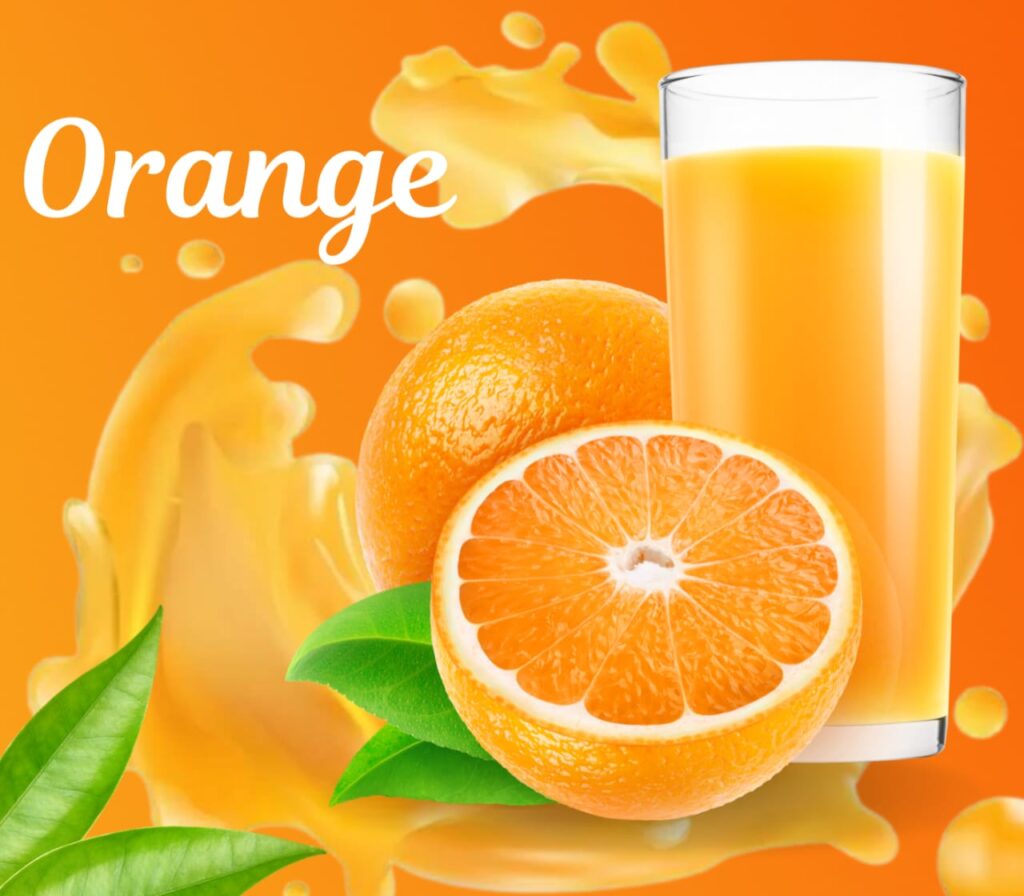
Nutritive Value per 100 g of Orange
Energy (kcal) : 48
Calcium (mg) : 26
Phosphorus (mg) : 20
Carotene (µg) : 1104
Vitamin C (mg) : 30
The oranges of the reticulate family are also good sources of B-carotene or vitamin A. Citrus fruits also have fair amounts of most mineral nutrients like calcium.
Perhaps that is why citrus is important in diets of invalids and convalescents. All the citrus fruits supply large amounts of potassium and calcium.
Nutritive Value per 100 g of Mosambi
Energy (kcal) : 40
Calcium (mg) : 40
Phosphorus (mg) : 30
Iron (mg) : 0.3
Potassium (mg) : 490
Vitamin C (mg) : 50
The important sugars in citrus fruits are sucrose, glucose and fructose occurring in a ratio of 2:1:1. Thus they are good energy foods too. The acidity in these fruits is mainly due to citric acid. In the sweet varieties, acidity comes down upon ripening and at the same time fruit sugars increase. Most citrus fruits have a trace of bitterness in them. This bitterness is due to the presence of flavonoid compounds called narangi and limonoids. The aromatic principle in these fruits is due to a chemical substance called limonene and other streial oils. All these chemical compounds are found to have extensive use in industry, pharmaceuticals and food processing.
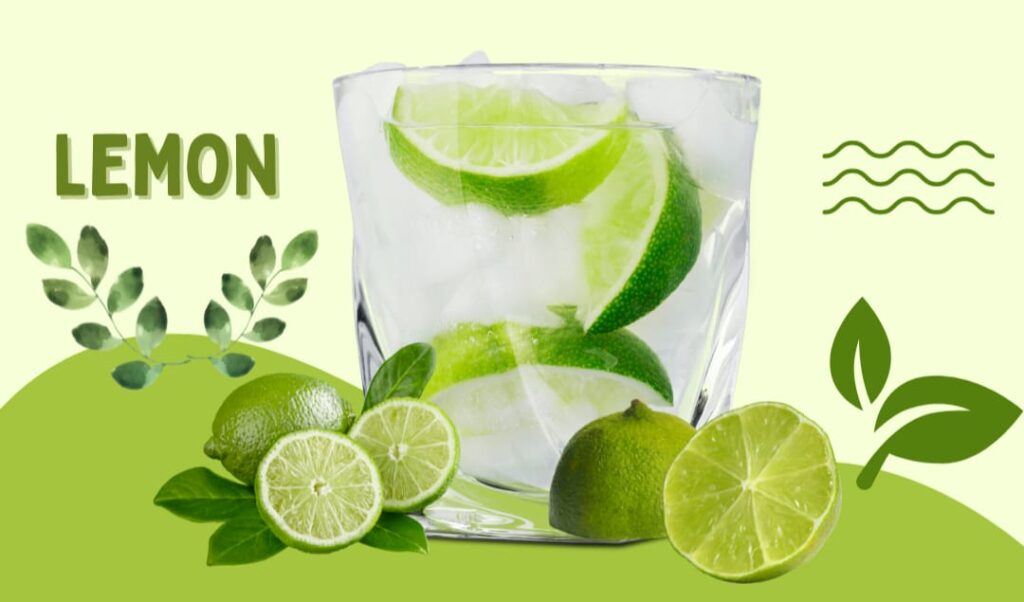
Nutritive Value per 100 g of Lemon
Energy (kcal) : 57
Calcium (mg) : 70
Phosphorus (mg) : 10
Iron (mg) : 2.3
Potassium (mg) : 270
Vitamin C (mg) : 57
Lemons have been used in home remedies for common cold and treatment of diarrhoea. Since lemons are a good source of vitamin C, perhaps they have a beneficial effect of building up resistance against infection. Also lemon juice can be a good base for formulation of oral electrolyte solutions for treatment of dehydration and diarrhoea. Lemons have commercial value in manufacture of citric acid, pectin and lemon oil. (Reference : Fruits, NIN, ICMR).

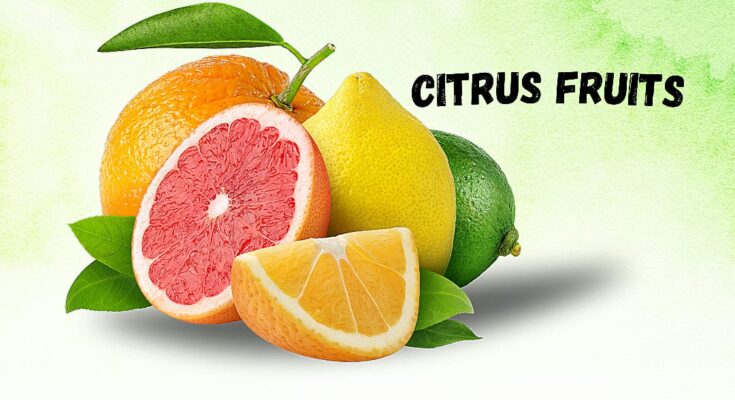
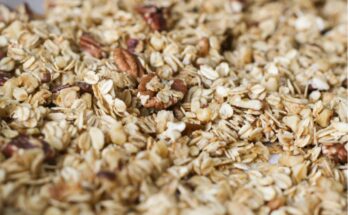
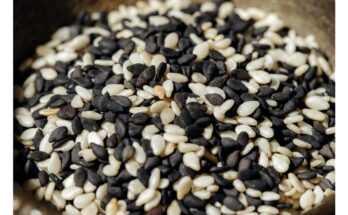
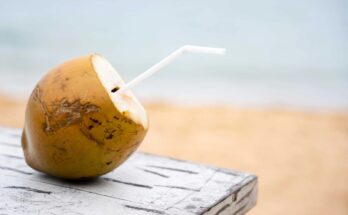
It’s actually a nice and useful piece of info. I am glad that you shared this helpful information with us. Please keep us up to date like this. Thanks for sharing.